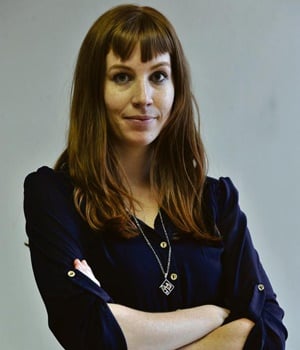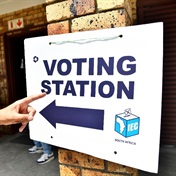
I recently had the good fortune of being hosted on a trip to Sweden to cover the 70th anniversary of children’s book character Pippi Longstocking. In between visiting Pippi author Astrid Lindgren’s apartment and taking in as much of Stockholm as I could, I learnt about what might be the country’s greatest creation yet: paternity leave for dads.
Apart from maternity leave (14 weeks for mums and two weeks for dads), Swedish parents are entitled to 480 days of paid leave to take at anytime until the child is eight years old.
However, what often happens is that mums take most of that leave, while dads use very few of those days – stats say only about 24%.
A new law now requires that dads take at least 60 of the 480 days of paid leave. Some politicians want to go further, proposing mothers be allowed to take only half of the family’s total allowance, with the rest reserved for fathers. The idea is to force dads to spend more time with their children.
Today is Father’s Day. Beyond the “dad is my superhero” platitudes sprawled across greeting cards, it’s also a good time for us to look, really look, at the role we limit fathers to.
Providing paternal leave is about more than just giving dads time with their kids, although that in itself is already a valuable start. Many studies have shown that increased father-child interaction at an early stage helps kids with their development later in life (this is especially true for girls). It’s about rethinking the very idea of what a father is.
In South Africa, there is still somewhat of a patriarchal mentality about a dad’s role. They are often seen as the overseer, the provider, the disciplinarian, an authoritarian, but mostly a detached force that calls the shots. In fact, many of my friends speak about their fathers in a way that hints that they were somewhat of an outside entity in their lives – dad had a lot of say in the decision making, but the nurturing, emotional connection and caregiving was from mum.
Perhaps that’s why people will say ridiculous things like “Dad is baby-sitting the kids tonight” – as if the father is not really a parent, just an outside entity stepping in to help for the night. Others will refer to a dad who changes nappies or feeds the kids as “a very hands-on father” or someone who “really takes care of his kids”. Really? A father doing what he’s supposed to is considered extraordinary?
It seems that dads are at a disadvantage from the start. It’s as if society dictates that their gender renders them incapable of giving the same amount of care to a child as a woman would.
And sure, parenthood might come more naturally to some women (that might have to do with the fact that she has carried the child in her belly for nine months), but reserving some tasks for mum (the really hard stuff) and others for dad (the playing) means men will always be the interlopers.
In fact, at times there seems to be a cardinal difference between how men and women view having children. Women want a child to nurture, to rear, to call their own. Men want a child to propagate their seed, to carry forward their legacy.
Could compulsory paternity leave for fathers force them to be more emotionally connected to their children? And could it create a playing field where parenting is more equal?
Imagine a society where we don’t just speak about mothers “having it all” – but have created a tangible system that supports them to be mothers as well as career women.
For years we have been calling for mums to get more maternity leave, when the solution might just be to give fathers more paternity leave.
According to The Economist, a study of four rich countries – America, Australia, Britain and Denmark – found that fathers who had taken paternity leave were more likely to feed, dress, bathe and play with their child long after the period of leave had ended. In Britain, dads who took time off at birth were almost a third more likely to read books with their toddlers than those who had not.
Fathers who do more give mothers a chance to spread their wings. It gives kids the sense of security and nurturing they might have never known – and it creates men who understand parenting.
While the idea of South Africa matching welfare states like Sweden in paternity leave is very far off, it’s a powerful concept that makes us look at the very nature of fatherhood.
Are we giving our dads the time, or even the chance, to truly be the dads the Father’s Day cards talk about?




 Publications
Publications
 Partners
Partners






















